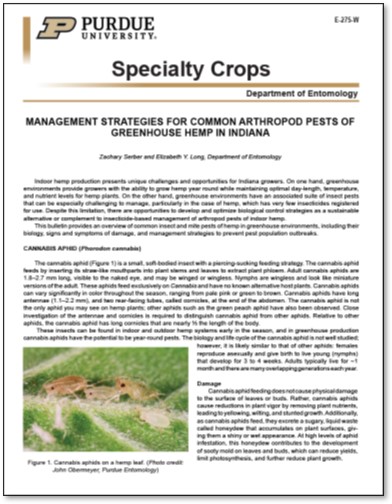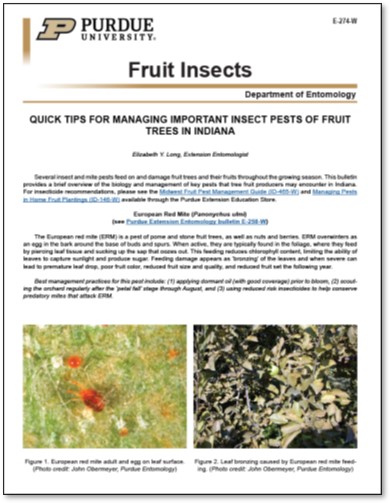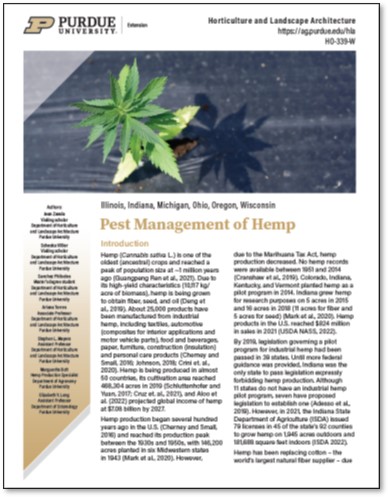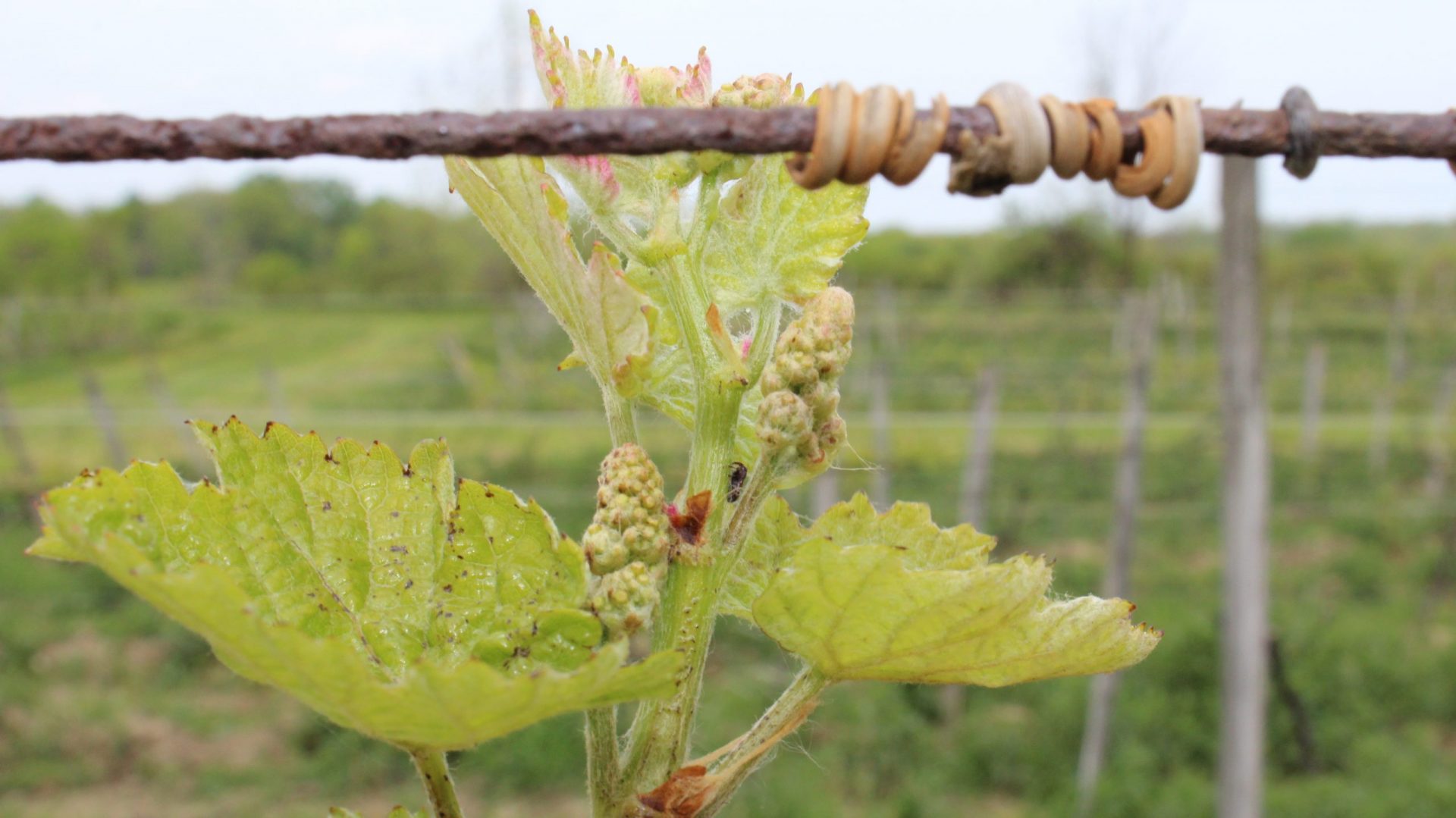Current Extension Projects
Evaluating strategies to improve management of carrot weevil in commercial celery and parsley fields
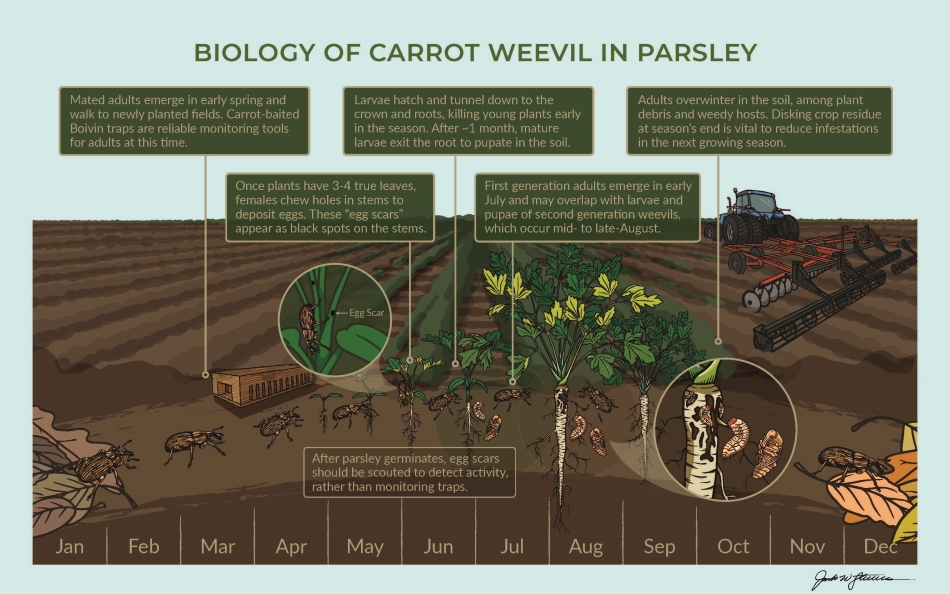
We continue to support specialty crop producers in Ohio in their efforts to monitor and manage the carrot weevil, a key pest of carrots, parsley, and celery in muck soil regions surrounding the Great Lakes.
Monitoring adult carrot weevil activity can be challenging because these insects are small and cryptic. If it is early in the season (before crops have germinated) the best strategy to detect adults is to deploy wooden Boivin traps baited with a single carrot on the edges of fields that were infested the previous year. Here’s a link to a helpful factsheet created in the lab: Monitoring carrot weevils using wooden Boivin traps.
If it’s later in the season and crops have germinated in the field, wooden Boivin traps are not as effective for detecting adults. Instead, begin scouting fields for egg scars on the petioles of young plants. Although this is a tedious task, it is more reliable method for monitoring the activity of the elusive adults later in the growing season.
Monitoring tree and small fruit insect pests in collaboration with Indiana farmers
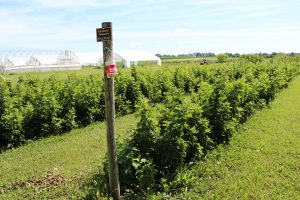
We are working to establish a monitoring network at Purdue Agricultural Centers (PACs) throughout the state to survey the seasonal activity of tree fruit pests, including codling moth and Oriental fruit moth, and invasive small fruit pests, like spotted wing drosophila (SWD) and the brown marmorated stink bug (BMSB). Our goal is to provide Indiana fruit producers with near real-time updates of first detection and changes in population numbers so they can plan management efforts accordingly.
Videos
Insect Trap Reports
Select report at the bottom.
Bulletins
